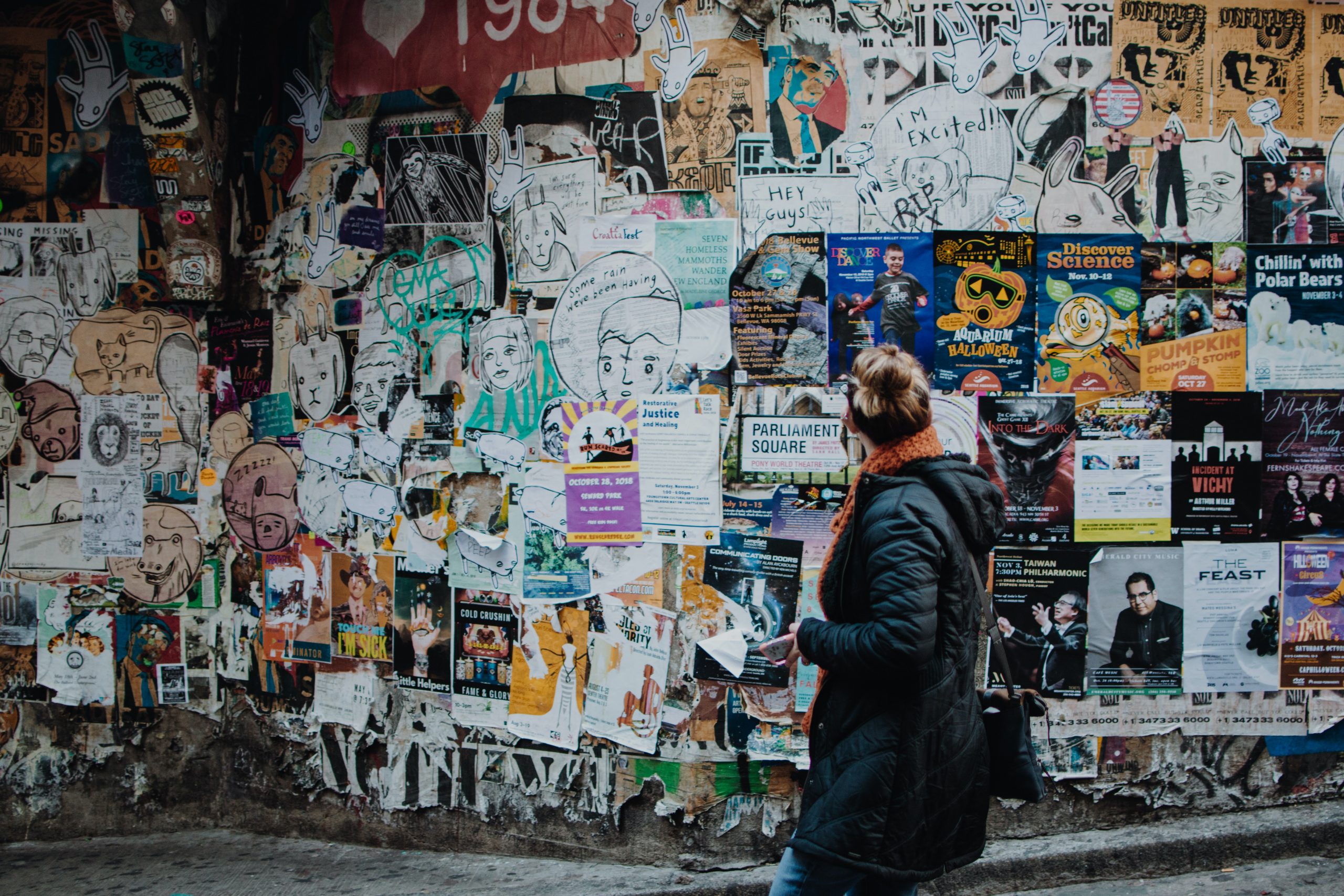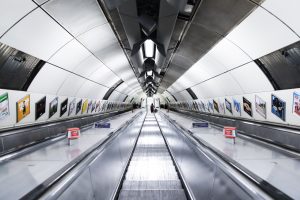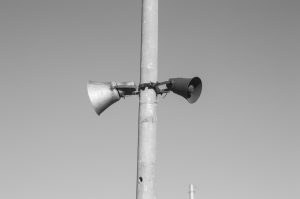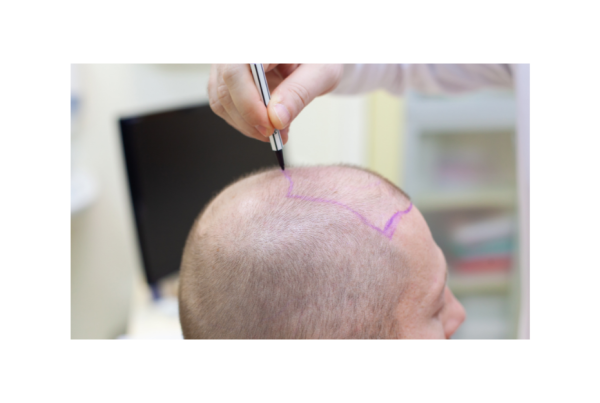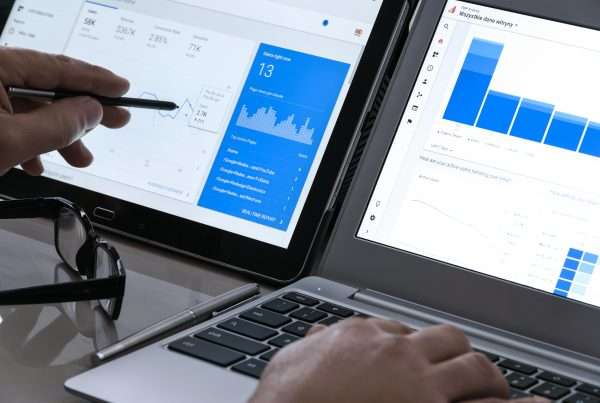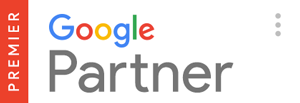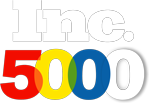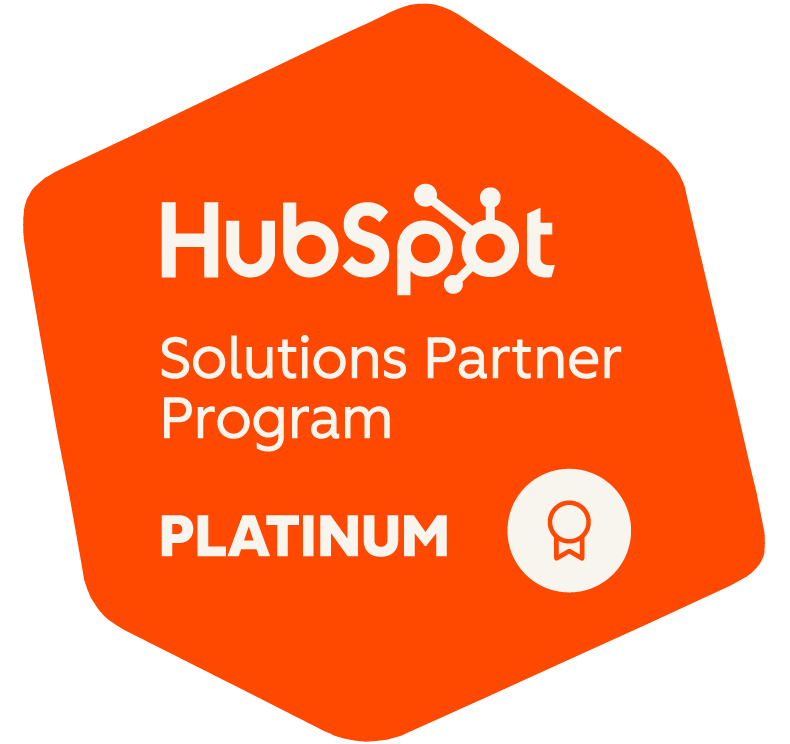The late 2010s left its indelible mark and a lasting imprint on the future of advertising. As we continue into the 2020s, it’s clear that big changes are happening in the PPC advertising world, whether it’s related to machine learning in advertising, automation in advertising, or simply the shake ups with varying PPC advertising platforms.
In 2018 and into 2019, automation in advertising was on the rise. Competition was fierce as Bing, Google, and Amazon duked it out for your business. Most telling of all, search engines started emphasizing user experience over keyword strategies.
With some big shifts, starting in the 1960s to the 1990s and then into the aughts and now in the 2020s, the future of paid advertising has lots to offer to advertisers and consumers alike.
PPC Advertising Platforms of the Past, Current, and Future
Paid advertising from fifty years ago looks extremely different than it does today. Although advertising, in and of itself, began some time within the 1400s, it evolved in the modern world as advertising was used in the form of artwork and graffiti on walls, and changed into being a more vocal way through town criers.
Come the mid-1800s and into the early 1900s, using print became a more popular form of advertising, which, in turn, led to an even greater advertising boom in the mid-20th century. This Mad Men-style advertising period delved more into what the audiences wanted rather than focusing solely on the messaging of the advertiser.
As that value of the message is at the forefront for an increasingly greater number of advertisers in the early 2000s, so is the need for audiences to wade through the ads. As the turn of the century saw paid search and pay-per-click advertising pick up steam, paid advertising, now at 20 years old, is a coming of age story in the marketing world.
Paid Advertising Notes to Remember
1. There will always be PPC advertising platform shake ups and changes
Don’t get comfortable with your paid ad campaigns. Although advertising once slowly, but steadily, changed the landscape of communication, bigger changes are now afoot as the world evolves in the digital age.
Although it sounded like a vanity update, Google Ads’ name change in 2018 (from Adwords) reflected Google’s new stance on PPC and the user experience. It showed that PPC isn’t about “hacking” the system with keywords but providing real value to users. Google also adjusted the name to reflect expanding ad inventory and new formats, like video, that move away from text-based PPC.
The retail giant, Amazon, continually threatens to overtake Google. With more marketers shifting funds to Amazon, the Amazon versus Google competition promises to bring substantial results to marketers.
Advertising PPC platforms, as an overall industry, added inventory of ads and more detailed items like where and when ads appeared and added media options in the late 2010s. As search engines move away from their text-based roots, marketers have more opportunity than ever.
2. Less Keyword Focus
Keywords still matter, but not as much as they have in previous years as search engines are systematically reducing the importance of keywords for PPC campaigns. Google revealed this in a big way when they modified exact match keywords.
Google’s expanded AI capabilities, especially when it comes to automation in advertising as well as machine learning in advertising, has grown and expanded by leaps and bounds. AI now is able to find related keywords that aren’t an exact match, but that are still relevant, based on user intent and context.
Similar to what print advertising saw in the 1950s when advertisers would seek to understand what the consumer needs and wants, and although that thought process waned, it has continued into the 21st century in a digital way through machine learning in advertising. Instead of PPC advertising platforms focusing on keyword matching, it is more about having a better understanding and a more robust user experience with context and quality.
As paid search and social have grown more complex, we’ve realized keywords don’t always imply user intent. Sometimes your chosen keywords are downright wrong, too. Voice-led search also completely changed the game for keyword strategy. That’s why if you are leaning too heavily on paid keywords, it might be time to pivot and strategize on user intent and user behavior. Other aspects of paid search and social audiences to keep in mind is that personalization and segmentation can be key to a successful strategy, and as automation in advertising continues to expand, adjustments to strategy, including keywords, can be done with little human intervention.
Just remember that your audience comes first; concentrate on your target and overall strategy instead of keywords.
3. AI Intervention
We hinted at this earlier, but it’s not a secret: machine learning in advertising has been revolutionized. Whether it’s Google, Bing, Amazon, or Facebook, or another PPC advertising platform — you can’t use PPC today without some kind of AI features. AI insights can give you personalized recommendations for running your campaigns. It can even make suggestions based on your competitors’ PPC.
With so many initiatives to keep track of, many marketing teams are strapped for time and resources. AI’s proliferation is good news for advertising, because it means marketers will spend less time on tedious tasks.
Keep in mind that, even though machine learning in advertising can simplify workflows, any AI platform needs a lot of data to work properly. This is an advantage for large companies, but it can take more time for small and medium sized businesses to see real results with AI.
The Bottom Line
Not only is advertising a fast-paced segment of business, automation in advertising and machine learning in advertising continues to look toward the future. Instead of fearing this big change, it’s a cause of celebration for marketers.
Rely less on keywords and manual work. Let robots deal with the minutiae while you focus on audience and strategy. Give a wonderful experience and benefits to your users without spending hours on a PPC advertising platform. In the end, better content, better targeting, and better bidding (thanks to AI) will fill customer needs in more authentic ways.
Not sure what the future holds for your paid campaigns? That’s okay! Get in touch with Logical Media Group and our paid team will tackle your PPC roadblocks to make a clear path for success in your paid search and social strategies.
